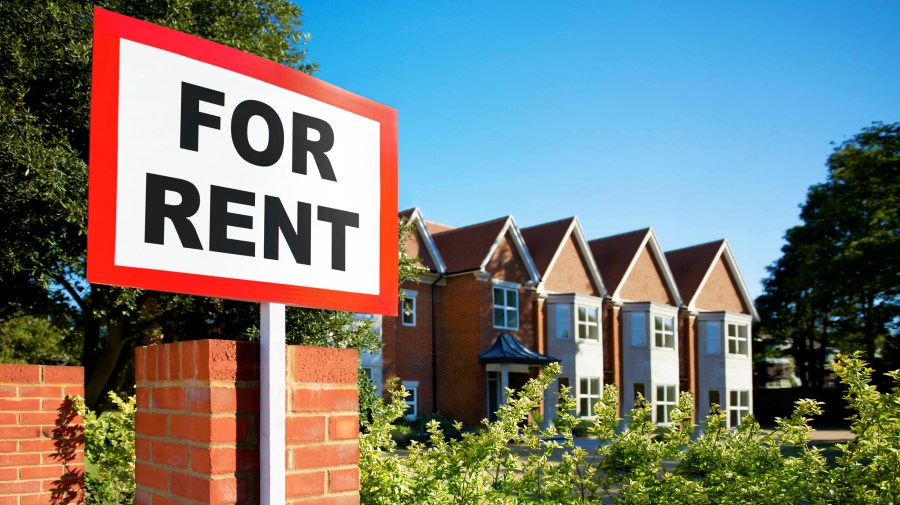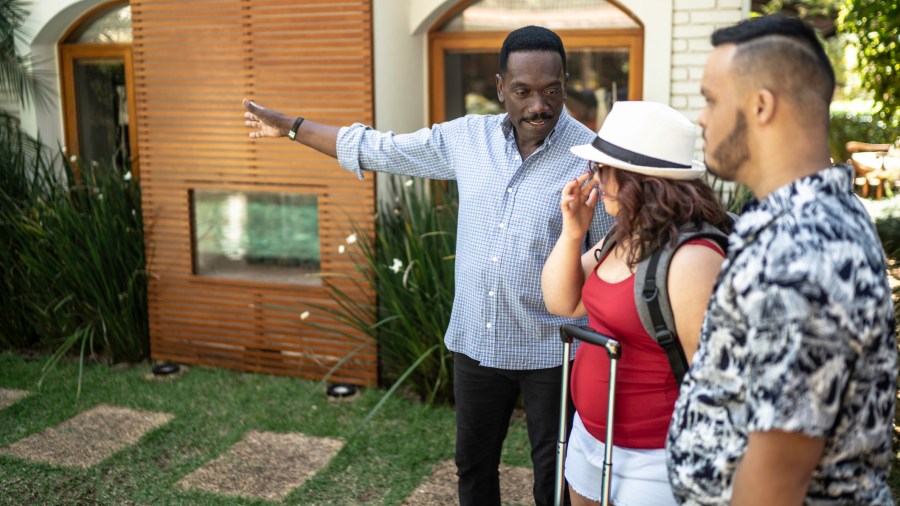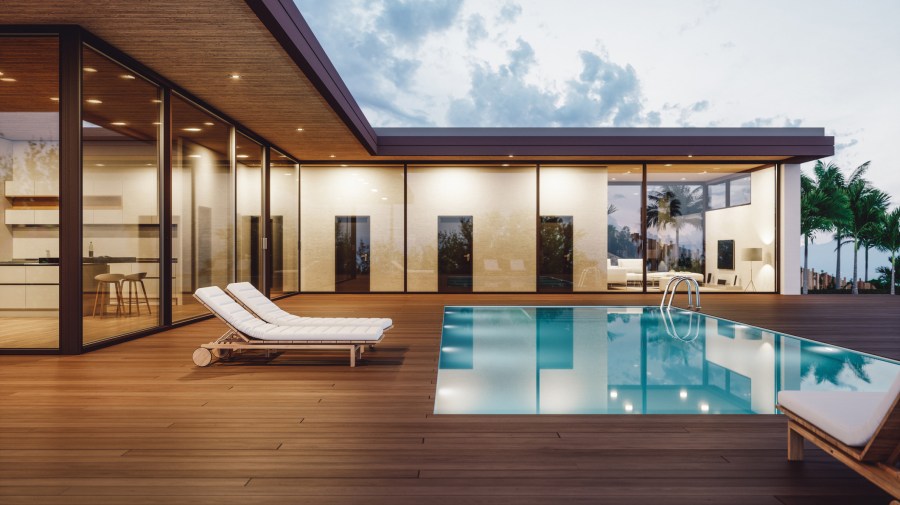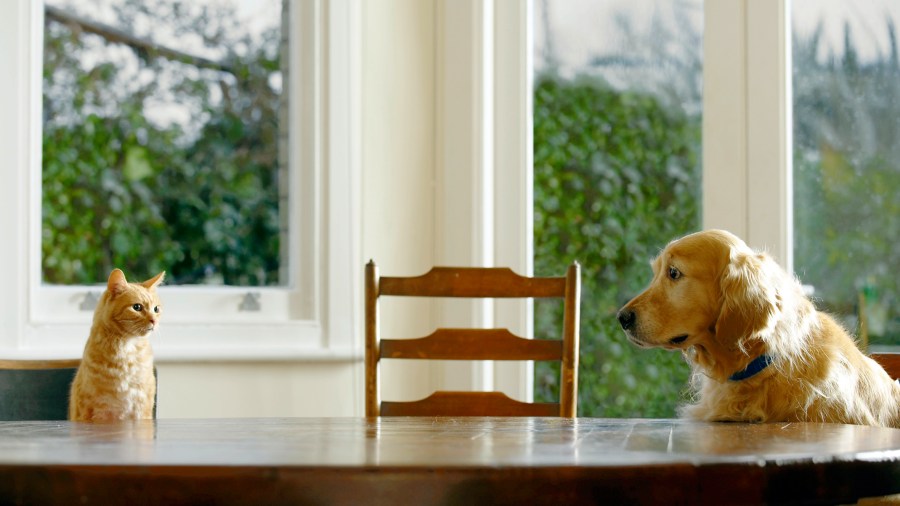Should I Rent a House or an Apartment?

The thought of searching for a new place to live can be both exhilarating and terrifying. Checking out all the different floor plans and planning design schemes can be a lot of fun, especially if you’re moving into your own place for the first time, but the list of important details to consider can also be more than a little daunting.
One of the first things to decide is whether you want to rent an apartment or a house. Each one has advantages and disadvantages, and your lifestyle, space needs, privacy preferences and budget all need to factor significantly into your decision. Of course, every rental home and apartment complex is different — houses, in particular, may have special rules mandated by the owner — but this guide is a great starting point for learning the main points you need to consider before signing a lease on any rental.
Check Your Budget for Affordability
The first item on your checklist should be your budget. While you will certainly see unbelievably expensive apartments and relatively inexpensive houses on the market, you can generally expect to pay more to rent a house versus an apartment. If you have several roommates in a house, your share may be less expensive than an apartment, but if you live alone — particularly in the city or in the suburbs — you can expect a higher monthly price tag to rent a house.

Additionally, home rentals tend to come with more extra expenses than apartment rentals. For example, depending on the terms of your lease, you may have to pay for lawn maintenance (or do it yourself) and trash service. You also have to consider the cost of utilities. You will pay most of the same utilities for a house or an apartment, but expenses like electricity may be higher in a house due to the larger size. Some apartment complexes include water in the cost of rent, which can save you money. It’s possible but much less common to find complexes that include all utility costs in the rent.
Evaluate Home and Yard Space
While apartments usually win when it comes to affordability, houses definitely have the advantage when it comes to space, both inside and out. The easy access, private parking is worth its weight in gold to many people. When you live in a house, you have your own driveway — maybe even a garage — and you never have to worry about where to park your car when you get home from work. In an apartment, you may frequently come home to a full parking lot — if you even have a parking lot. That driveway can be a lifesaver when you’re bringing home groceries in the pouring rain.

Next, there’s the yard. Do you have pets and kids who would love some outdoor space to safely roam? You can typically find the space you’re looking for with a home rental. On the other hand, if you live in an apartment, any green space you have access to is shared with dozens of other people. Living space also varies from house to house and apartment to apartment, but it’s common to find more rooms in total as well as larger rooms in a house. Obviously, there are exceptions, but if you run across a house that is smaller than an apartment, simply move on to the next option.
Add Up the Amenities
When it comes to amenities, both houses and apartments could come out on top in different ways. Consider appliances, for example. Almost every home has a place to connect a washer and dryer, but many apartments skip individual connections in favor of a common laundry area or may not even provide facilities at all. On the other hand, when you move into a rental home, you may have laundry connections, but you might have to bring your own laundry appliances to use them. In some cases, refrigerators are missing from rental homes as well, but apartments always have one.

When it comes to recreational amenities — those things you want but could live without — apartments probably have the edge unless you rent a home in a managed subdivision with a Homeowner’s Association that pays for amenities for the neighborhood. Apartment complex amenities often include swimming pools, fitness centers, community rooms, dog parks, walking paths and more. If you rent a house with a pool, of course, you could set up your own backyard fitness area, but a house with a pool usually comes with higher rent.
Consider the Management
Dealing with the manager or owner of a property will be unique anywhere you go, and you can again expect houses and apartments to both have some advantages and disadvantages. Let’s start with houses. In most cases, a house is owned by individuals, but they could choose to hire a management company instead of acting as landlord themselves. When you’re dealing with an individual landlord, the relationship might not be as professional as you’d like, or the more casual interaction might be what you prefer.

An apartment complex is almost always run by a professional manager, so you can count on them to follow the rules and act like professionals. However, that also means the manager could be overwhelmed by handling so many spaces at once, making it easy for you to get lost in the mix when you need a repair or have a question. In terms of repairs, different managers have different ideas about how to handle them. Some landlords who rent houses believe certain repairs and maintenance should be left up to the tenant, and they may specify those responsibilities in your lease. Apartments usually handle all maintenance and its associated costs, although you could certainly be charged for damages if you break something and are at fault.
Think About Other Pros and Cons
The list of things to consider can be lengthy. If you have pets, apartments usually only allow smaller pets and place a limit on the number you can have. They also charge outrageously high pet deposit fees to cover any potential damage. The owners of houses sometimes have more flexibility, but that’s certainly not always true. Make sure you clearly designate pet acceptance as one of your key search points if you have pets.

If you value your privacy and prefer to minimize interaction with strangers, you’re more likely to find those things living in a house rather than an apartment building where people are coming and going at all hours. While you could certainly end up living next door to loud neighbors in a house, you still don’t have to worry about them blasting music through your walls or stomping on your ceiling at 3 a.m.
Your preference for city or country living also makes a difference. Apartments are more plentiful in cities, while houses are more common in rural areas. You can usually find a good mix in the suburbs. Cleanliness is also something to consider. If bugs or rodents try to infest the house you live in, you can usually take matters into your own hands, but if you live in an apartment, you might have trouble getting rid of them because of those around you, no matter how clean you keep your own apartment.
Your best course of action is to make a detailed list of all the things that matter most to you. Even if you’ve never lived away from your parents and you’re renting for the first time, you should have a sense of what you can’t live without. Can’t afford your ideal rental? Don’t forget to consider renting with a roommate.





